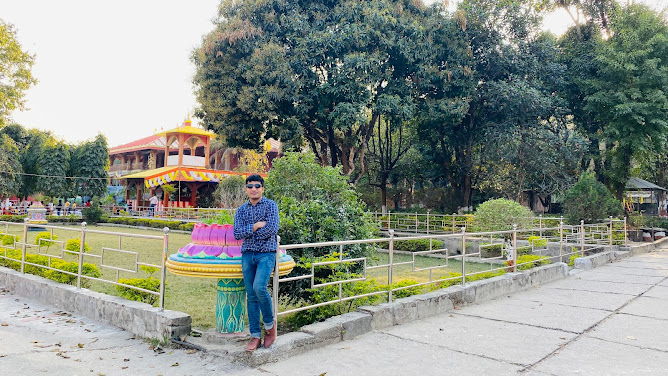The Chepang tribes, often referred to as the "Worshipper of Nature" are an indigenous community residing in the rugged hills and forests of Nepal for centuries, relying on their intimate knowledge of the land, its resources, and the intricate balance of nature. Their lifestyle revolves around sustainable practices that respect the environment, making them guardians of their surroundings. With a rich cultural heritage deeply rooted in their surroundings, the Chepang people have maintained a harmonious relationship with the natural world for generations. However, this unique culture and way of life now face the challenges of modernization and encroaching development, putting the very existence of the Chepang tribes at risk.
Farming and Hunting are their Way of Life: The Chepang people practice subsistence agriculture, growing millet, maize, and other crops on the steep terraced fields. They possess a profound understanding of traditional farming techniques and the seasonal rhythms of planting and harvesting. And, the Chepang's close connection to the forest allows them to gather wild fruits, vegetables, and medicinal plants. They also engage in hunting, using traditional methods that minimize their impact on the ecosystem.
Guru of Traditional Knowledge: The Chepang's deep understanding of flora and fauna has led to the development of a complex body of traditional ecological knowledge. This knowledge is passed down orally from generation to generation and shapes their holistic approach to living in harmony with nature.
Cultural Significance - Worshipper of Nature: The moniker "Worshipper of Nature" is well-deserved, as the Chepang people consider themselves guardians of the nature. Their rituals, ceremonies, and spiritual practices are deeply intertwined with the environment. They offer worshiping and prayers to the spirits of the forests and mountains, seeking blessings for good harvests and protection from natural calamities.
Challenges Faced by the Chepang Tribes: The Chepang tribes have historically faced marginalization and discrimination, resulting in limited access to education, healthcare, and other essential services. Rapid urbanization, land grabbing, and deforestation threaten the Chepang's ancestral lands and traditional way of life. The younger generation's exposure to modern ways of living has led to a decline in the transmission of traditional knowledge and cultural practices which resulted in the loss of their traditional culture.
Conclusion: The endangered Chepang tribes, the "Worshipper of Nature" stand as a testament to the intricate connection between humans and the environment. Their sustainable practices and spiritual connection to the land offer valuable insights into living in harmony with nature. As we move forward, it is imperative to recognize and support the preservation of the Chepang culture, not just for their sake but for the greater understanding of how humanity can coexist with the natural world.
Muller, J. D. (2016). Echoes of the Forest: Exploring the Chepang Culture. KGC Publishing.
Dahal, A. R. (2019). The Spiritual Connection: An Analysis of Chepang Rituals. Journal of Anthropology, 8(2), 45-60.












